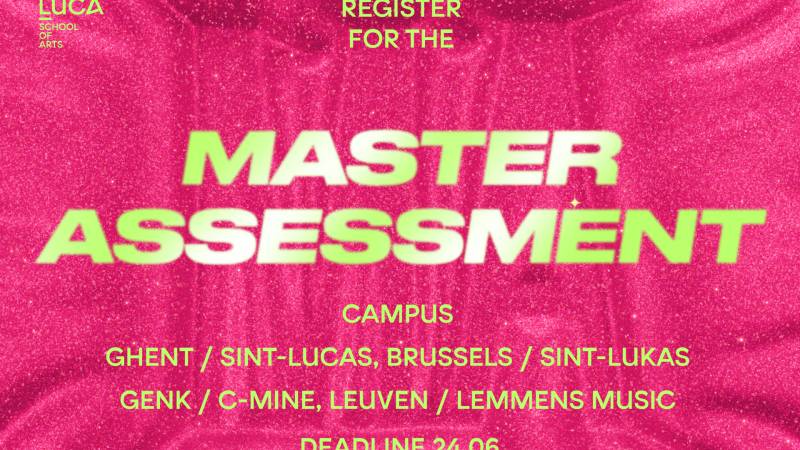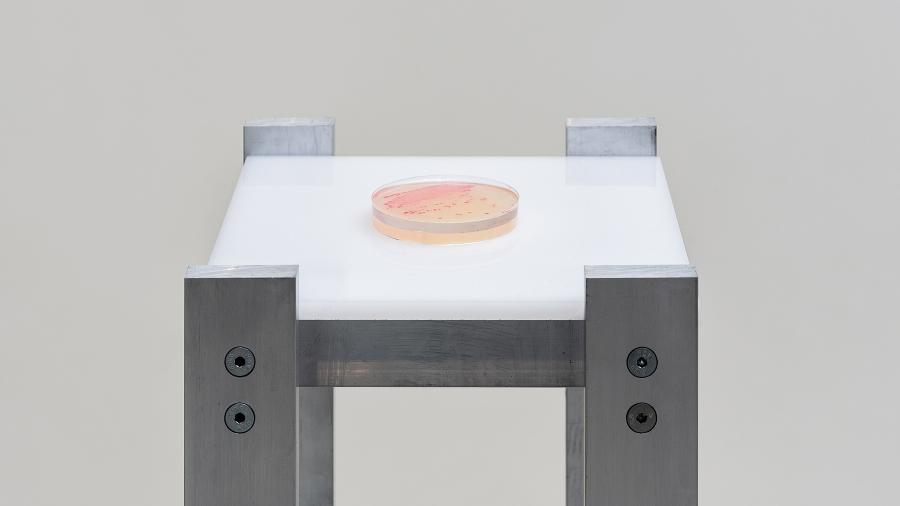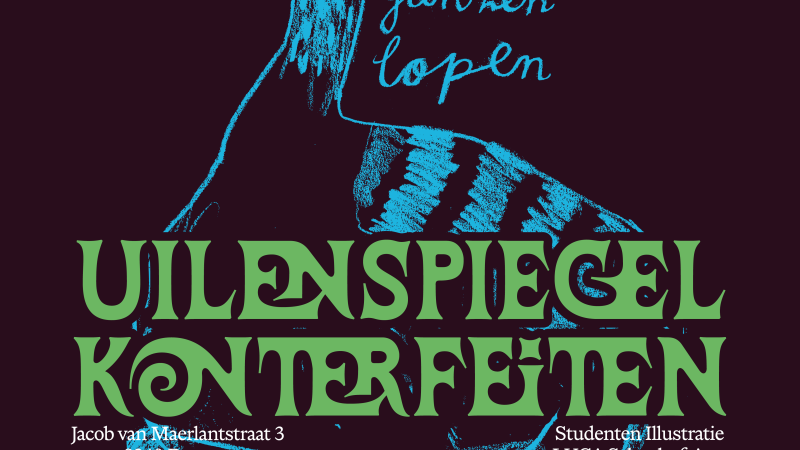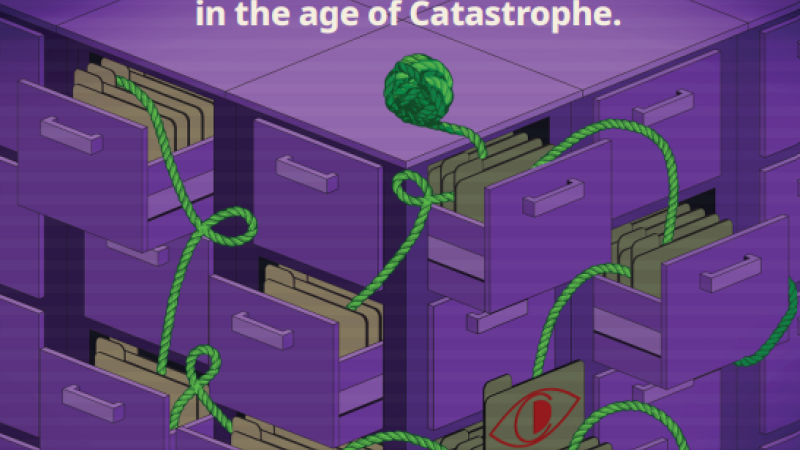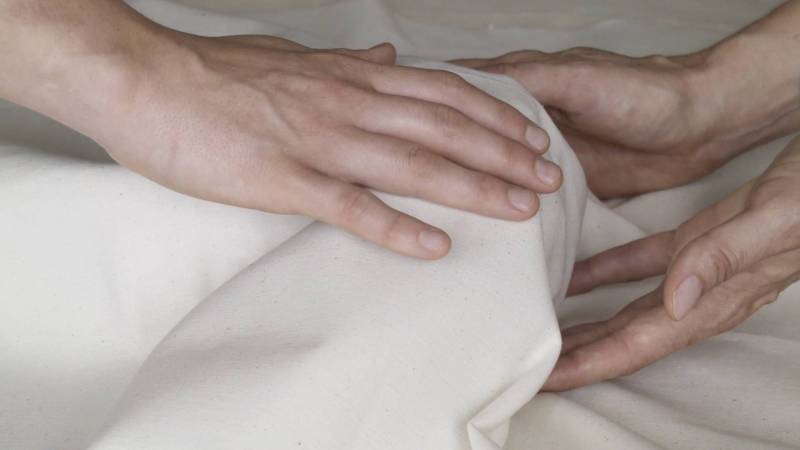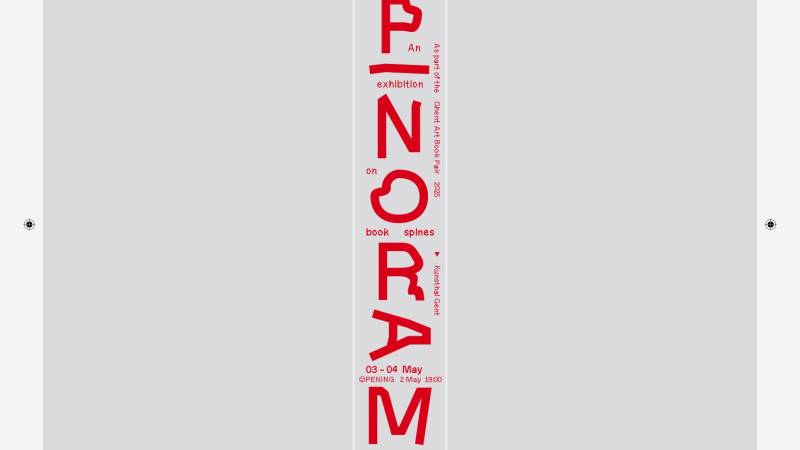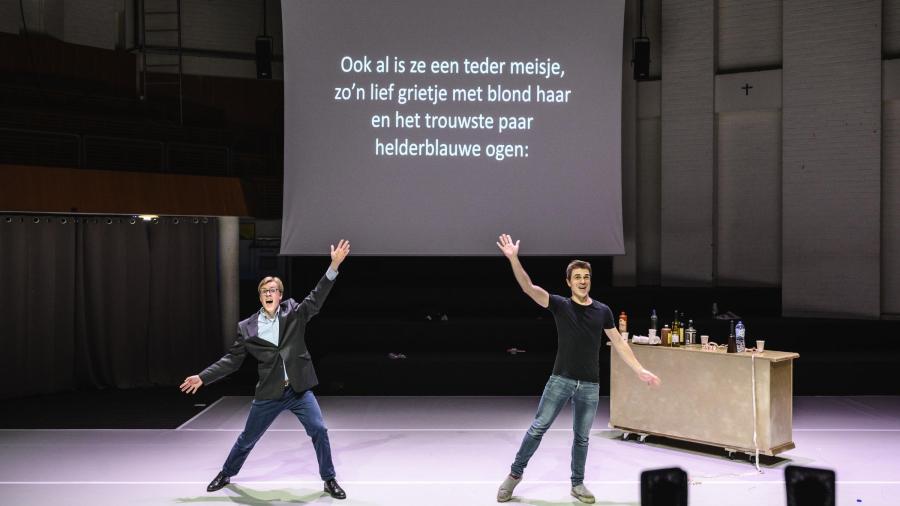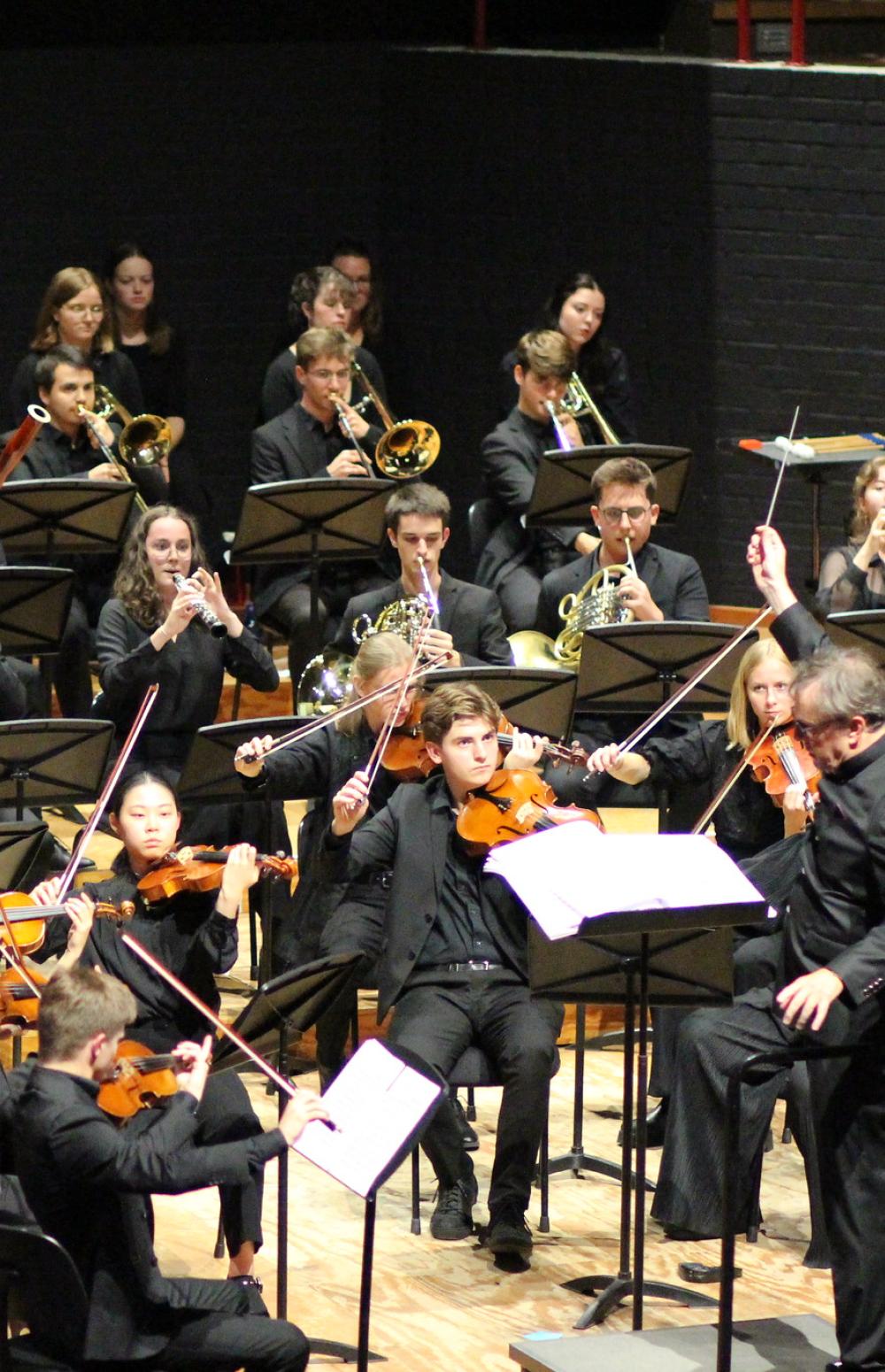
LUCA School of Arts - campus Lemmens
Lemmensberg 3
3000 Leuven
Concert hall
the 5th Symphony
LUCA Philharmonic
Michel Tilkin, conductor
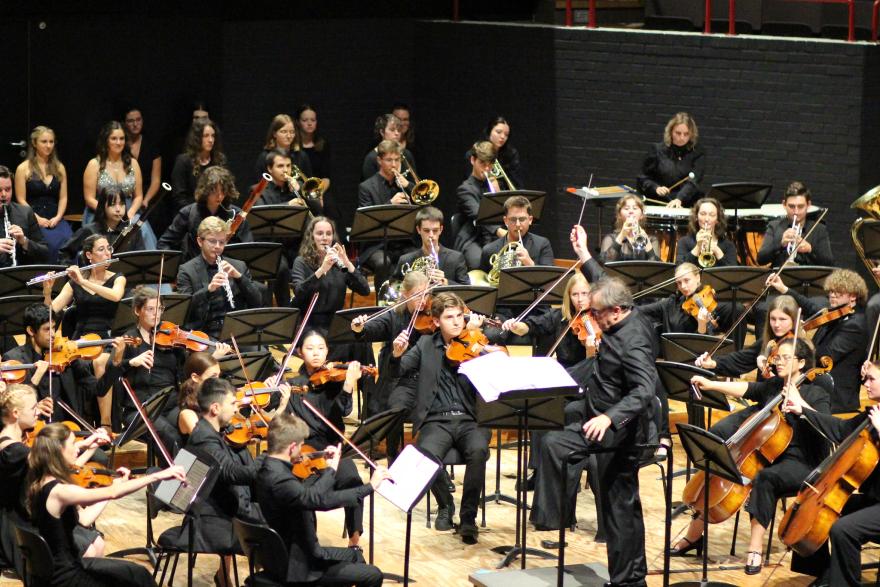
Concert introduction by David Lodewijckx
Prior to the concert, David Lodewijckx offers an engaging introduction to the programme. This will take place on both evenings from 19:15 to 19:45. An ideal way to get even more out of the performance!
Programme:
- L. von Beethoven: Symphony no. 5 in C minor
- D. Shostakovich: Symphony no. 5 opus 47 in D minor
Although Symphony No. 5 (1808) by Ludwig van Beethoven (1770-1827) seems to start off in simplicity, with a seemingly short and simple motif, those four notes became the most debated in Western music history. The short-short-short-long motif, which weaves its way throughout the symphony and keeps imposing itself as a recurring, restless feature, adds to the restless nature of the work. Consequently, Beethoven wrote his fifth symphony during a very turbulent period in his life: not only had Napoleon's army reached Vienna, Beethoven also began to suffer from severe hearing problems. The intriguing nature of the work did not fail to make it one of the most popular symphonies ever written. Various theories circulate about the exact nature of the motif: Schindler claims that by this Beethoven meant “fate knocking at the door”, but this contention is debunked by many a musicologist. Carl Czerny, a student of Beethoven, indicated that it depicts the song of the yellowhammer.
Symphony No. 5 by Dmitri Shostakovich (1906-1975) came about after performances of the Mtsensk district opera Lady Macbeth. The opera, like the 4th Symphony, was razed to the ground by Stalin because of its perceived criticism of the policies in Russia at the time. Shostakovich was condemned as a traitor to the country and was summarily expelled. His subsequent symphonies, the "War Symphonies," aim to be a response to this, to which the subtitle of the fifth symphony also attests: "A Soviet artist's response to justified criticism.” However, the sincerity of Shostakovich, who was after all known to be vehemently opposed to the political system, is hotly debated. Although here, unlike his fourth symphony, Shostakovich composed a very traditional symphony that conformed to all the tonal rules of the musical laws of the time in Russia, the work secretly concealed much sarcasm that went unnoticed by the regime.
Buy your tickets below.
Free for staff and students of LUCA/KSO
